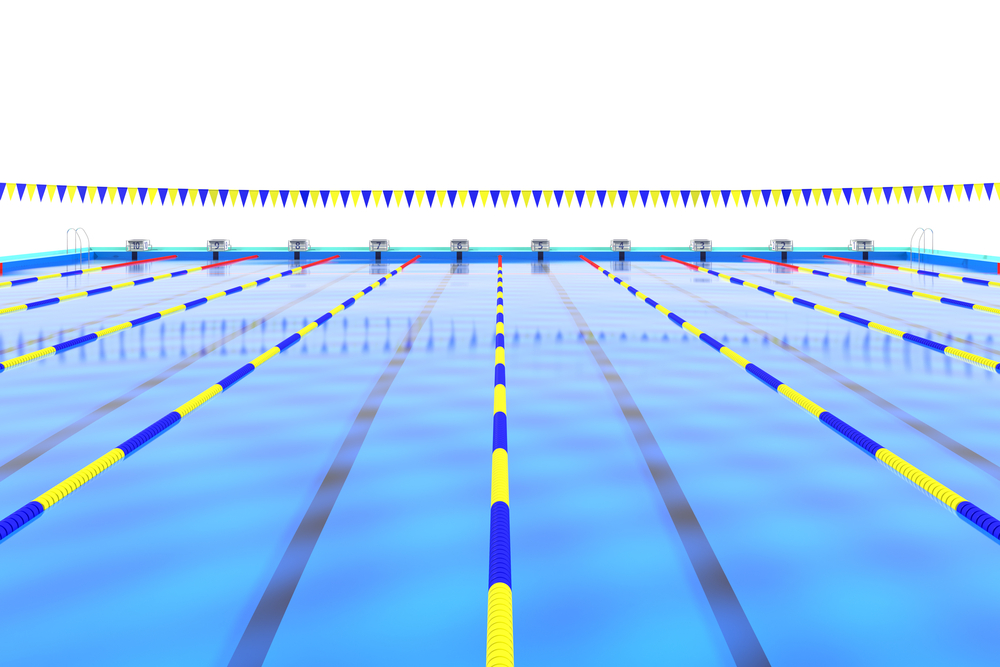Personal Jurisdiction and Florida Court’s Two-Prong Analysis

When a defendant is sued, a court needs to have personal jurisdiction over that party. It is a due process consideration to ensure the court has authority over that party. A court’s ruling as to personal jurisdiction over a party will give a right to an immediate appeal.
The issue of personal jurisdiction is generally confronted when the defendant is a foreign person or company, i.e., not operating in Florida, being sued in Florida. Making the decision to sue a foreign person or company in Florida needs to consider personal jurisdiction including the appellate right associated with a court’s ruling on personal jurisdiction.
The Florida Supreme Court adopted a two-prong analysis for determining whether personal jurisdiction exists over a foreign corporation. A trial court must determine: (1) whether there exist sufficient jurisdictional facts to bring the action within the purview of Florida’s long-arm statute, section 48.193, Florida Statutes; and if so (2) whether the foreign corporation possesses sufficient minimum contacts with Florida to satisfy federal constitutional due process requirements — i.e., that the defendant corporation’s “conduct and connection with the forum State are such that [it] should reasonably anticipate being haled into court there.”
Johnny’s Pool Super Center, Inc. v. Foreverpools Caribbean, LLC, 45 Fla. L. Weekly D2076a (Fla. 3d DCA 2020) (citations omitted).
An example of an appellate court’s two-prong analysis as to whether personal jurisdiction exists over a defendant can be found in Johnny’s Pool Super Center.
Here, the defendant, a Puerto Rican company, was building Olympic-sized pools in Puerto Rico. A manufacturer for specialized tiles was willing to furnish a 15-year warranty if the plaintiff – a Florida-based installer—installed the tiles. The defendant hired the plaintiff but never travelled to Florida for any reason related to the contract. The plaintiff went to Puerto Rico and started with the installation and the defendant made several payments to the plaintiff in Florida. When the defendant learned the tile installation was defective, it stopping making future payments to the plaintiff and hired local installers to fix the work. The plaintiff sued the defendant in Florida for breach of contract. The issue was whether the trial court had personal jurisdiction over the defendant – a Puerto Rican company.
Under the above-mentioned two-prong analysis, the appellate court said the trial court did NOT have personal jurisdiction over the defendant.
Prong #1
The first part of the analysis focuses on Florida’s long-arm statute under Florida Statute s. 48.193 and alleging facts that fit within the statute. Florida’s long-arm statute includes numerous bases where a person subjects himself to a Florida court. One of those bases is if a person breaches a contract in Florida by failing to perform acts required by the contract to be performed in Florida. “‘Failure to pay a contractual debt where payment is due to be made in Florida is sufficient to satisfy Florida’s long-arm provision that refers to contractual acts ‘required’ to be performed in Florida.’” Johnny’s Pool Super Center, Inc. quoting Metnick & Levy, P.A. v. Seuling, 123 So.3d 639, 643 (Fla. 4th DCA 2013).
The plaintiff satisfied this analysis.
Prong #2
The second part of the analysis focuses on a constitutional due process analysis.
Under the constitutional prong, the trial court must consider “whether the defendant has sufficient minimum contacts with [Florida] so that the exercise of jurisdiction would not offend traditional notions of fair play and substantial justice.” “Factors that go into determining whether sufficient minimum contacts exist include the foreseeability that the defendant’s conduct will result in suit in the forum state [Florida] and the defendant’s purposeful availment of the forum’s privileges and protections.” Here, the primary issue is whether the nature of the services contract (including the 15-year warranty) constitutes “purposeful availment” of Florida sufficient to satisfy minimum contacts.
Johnny’s Pool Super Center, supra (citations omitted).
The plaintiff did not satisfy this analysis—the defendant did not have sufficient minimum contacts with Florida to satisfy this constitutional due process analysis. The contract negotiations occurred over the phone, the plaintiff’s services were performed in Puerto Rico and the facts, other than the defendant reaching out to the plaintiff (a Florida company), did NOT establish that substantial services or business activities were performed in Florida such that the defendant purposefully availed itself of Florida’s privileges and protections.
Please contact David Adelstein at [email protected] or (954) 361-4720 if you have questions or would like more information regarding this article. You can follow David Adelstein on Twitter @DavidAdelstein1.




